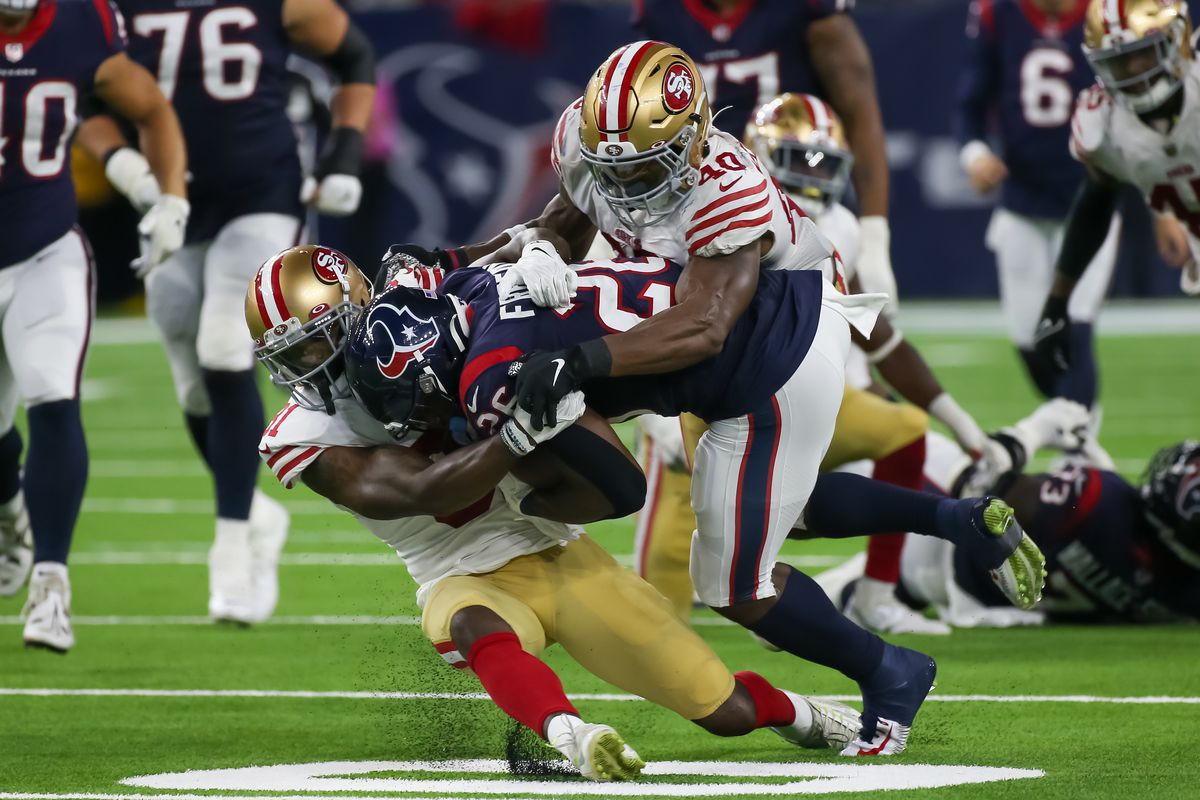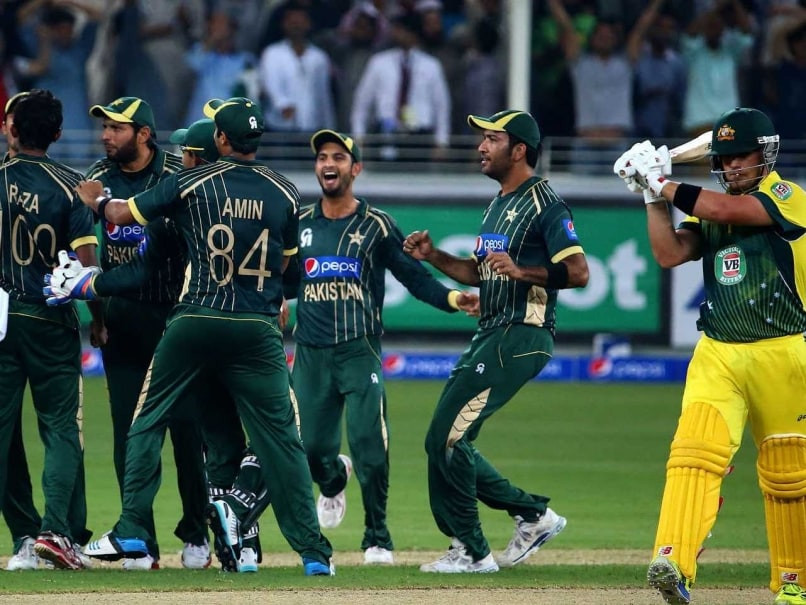The Cincinnati Bengals are navigating a familiar territory as they face contract disputes with star players, a recurring theme for the team in recent years. Head Coach Zac Taylor, in an interview with ESPN’s Dan Graziano, delved into the Bengals’ strategy for handling player contract frustrations, highlighting their focus on building strong relationships to navigate these challenging situations.
The Bengals have faced several contract-related challenges in the recent past, most notably with S Jessie Bates III and WR Tee Higgins. Both players were given the franchise tag, a move that allows teams to retain their players for a year at a predetermined salary, despite some dissatisfaction from the players themselves. Now, they find themselves in another contract-related saga with WR Ja’Marr Chase, who is sitting out of practice as he seeks a contract extension before the season begins.
Taylor, in his interview with Graziano, highlighted the importance of building a strong relationship with players to foster open communication and understanding during times of contract negotiations.
“We obviously try to build close relationships with these players so that, in times like this, you can have a give-and-take, back-and-forth of, ‘Hey, vent to me for a second, get it off your chest, here’s what we’re going to go through, here’s how we’re going to manage it,'” Taylor said via ESPN’s Dan Graziano. “It’s not always perfect. It’s always stressful. It’s not unnatural to be stressed or frustrated or anxious. But I think our guys do a good job articulating it to us. … I’ve always felt good about the honesty and straightforwardness, and it’s worked out for us so far.”
The Bengals’ approach to managing contract situations has been described as a balance of understanding players’ concerns and maintaining the team’s focus on success. While they have experienced challenges in the past with players feeling undervalued, their commitment to open communication seems to have been a key factor in their ability to maintain a positive environment despite these complexities.
However, the Bengals’ approach to contract negotiations has faced criticism in the past, with some fans questioning their willingness to pay top dollar for elite players. The team’s decision to use the franchise tag on Bates and Higgins, rather than committing to long-term deals, has been seen as a sign of their hesitancy to spend heavily on individual players. This reluctance to overspend on individual players has been highlighted as a potential obstacle in the team’s pursuit of a Super Bowl title, particularly as they seek to maintain a competitive roster.
The Bengals’ recent contract situations have also highlighted the growing importance of player empowerment in the NFL. Players are increasingly vocal in their demands for fair compensation and contract security, and the Bengals are just one example of a team that has had to navigate these shifting dynamics. As the league evolves, teams will need to find ways to balance their financial obligations with the need to retain their top talent. Failure to do so could lead to a loss of valuable players, potentially jeopardizing the team’s overall success.
The Bengals’ handling of Ja’Marr Chase’s contract situation will be a major test of their approach to managing player contract frustrations. Chase is a young and talented receiver, and his potential impact on the team’s success is undeniable. The Bengals will need to find a way to meet his demands while also staying within their budget constraints. If they fail to find a solution, they risk losing one of their most valuable assets, setting back their Super Bowl aspirations.
The Bengals’ ability to navigate the complex landscape of contract negotiations will be a major factor in their ability to achieve their goals. Their focus on building strong relationships with players is a positive step, but it remains to be seen if this strategy will be sufficient to overcome the financial and competitive pressures of the NFL. The Bengals’ future success may hinge on their ability to find a balance between player empowerment and financial responsibility. As the team enters a new era with Joe Burrow at the helm, the Bengals’ approach to contract negotiations will continue to be under scrutiny as they strive to remain competitive in a rapidly evolving league.
Examining the Bengals' Past Contract Disputes
The Bengals’ contract situations with Jessie Bates III and Tee Higgins offer valuable insights into the team’s approach to managing player contract frustrations. Bates, a talented safety, was franchise tagged in 2022 after negotiations for a long-term deal fell apart. Despite his strong performance and a desire to remain in Cincinnati, Bates was traded to the Atlanta Falcons after playing on the franchise tag.
Higgins, another key offensive weapon, was franchise tagged in 2023. While he expressed frustration with the Bengals’ reluctance to offer him a long-term deal, Higgins ultimately agreed to play on the franchise tag for the 2023 season.
These cases highlight the Bengals’ tendency to use the franchise tag as a tool to retain players while avoiding long-term commitments. The franchise tag provides a temporary solution, but it can create friction with players who desire more security and financial stability.
The Ja'Marr Chase Contract Saga
Ja’Marr Chase, the Bengals’ star receiver, has become the latest player to enter into contract negotiations with the team. Chase, a dynamic playmaker who has quickly established himself as one of the league’s most exciting receivers, is seeking a lucrative extension that reflects his contributions to the Bengals’ success. However, the team has been reluctant to meet his demands, leading to Chase’s decision to skip training camp until a deal is reached.
The Bengals’ handling of Chase’s contract situation will be closely watched by fans and analysts alike. His absence from training camp highlights the growing pressure on teams to satisfy their star players’ financial expectations. The Bengals’ ability to navigate this situation successfully will be a major test of their approach to player management and could have significant implications for their future success.
The Future of Contract Negotiations in the NFL
The Bengals’ contract situations are not unique in the NFL. Teams across the league are facing increasing challenges in managing player contracts and navigating the complex demands of a growing player empowerment movement. The rising salaries for top players, coupled with the salary cap, have made it more difficult for teams to retain their star talent.
As the NFL continues to evolve, teams will need to find new ways to balance their financial obligations with the need to maintain competitive rosters. The Bengals’ approach to contract negotiations will be a case study as the league grapples with these challenges and seeks to find a path toward a more sustainable model for player compensation.
The Bengals’ Future: A Balance of Player Empowerment and Financial Responsibility
The Bengals’ success in the years to come will depend on their ability to navigate the complex world of player contracts. They need to find a way to retain their star talent while remaining fiscally responsible. The Bengals’ approach to contract negotiations, while rooted in building strong relationships with players, will need to adapt to the evolving demands of the NFL. As the league continues to evolve, the Bengals’ success will be tied to their ability to find a balance between player empowerment and financial responsibility.

















